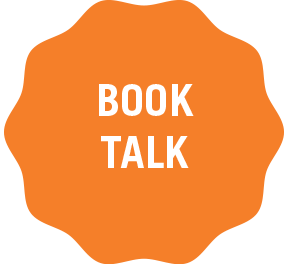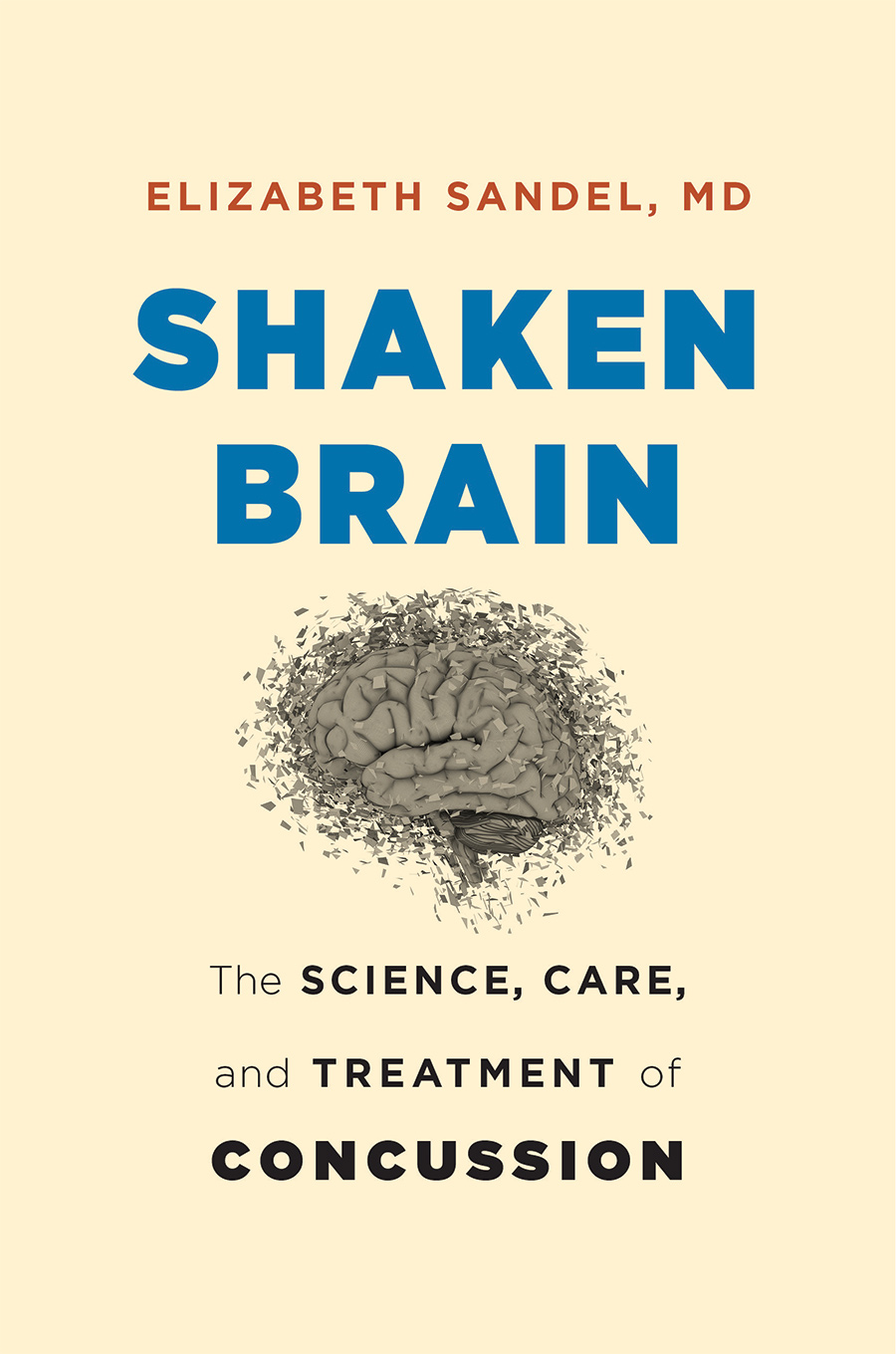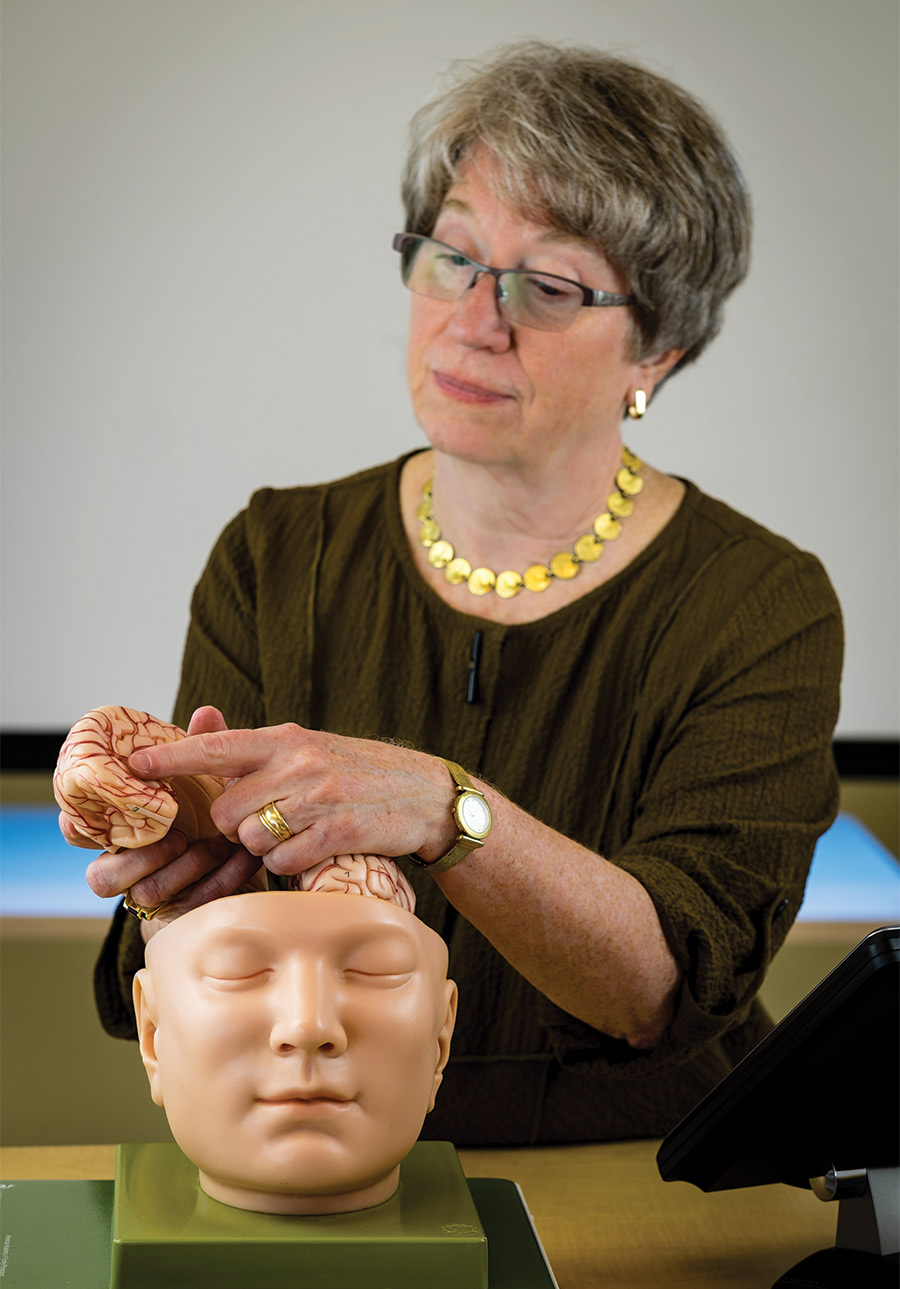

As author and physician Elizabeth Sandel ’71 notes in Shaken Brain, “one-quarter of Americans reported having a concussion at some point in their lives, and close to 30% [of those injured] said they have suffered from long-term effects, most commonly headaches.”
Among sports, football, soccer and ice hockey lead the pack, she says, but another “common diagnosis for people going into an emergency room is not a team sport but actually bicycling.”



One thing she is not advocating for is a sedentary lifestyle. “I don’t want to say, ‘Just sit on the couch and don’t take any risks,’ ” she says. “I want people to know what their risks are, and I also want us as a society to know that we should be reducing the risks through prevention.”
The Greater Gulf: Essays on the Environmental History of the Gulf of St. Lawrence (McGill-Queen’s University Press, 2020)
The Greater Gulf, co-edited by Campbell, is the first concerted exploration of the environmental history — marine and terrestrial — of the Gulf of St. Lawrence. Essayists tell many histories of the longest estuary in the world, which has been fished, fought over, explored and exploited.
CHET’LA SEBREE (ENGLISH)
Mistress (New Issues Poetry and Prose, 2019)
These poems present a cross-generational conversation between Thomas Jefferson’s slave Sally Hemings and the contemporary narrator about what it means to be a Black woman in their respective landscapes, while at the same time demonstrating how little dialogues about Black women and Black female experiences have changed in more than 200 years.
When Truth Is All You Have: A Memoir of Faith, Justice, and Freedom for the Wrongly Convicted (Doubleday, 2020)
In this memoir McCloskey describes the midlife crossroads that led him to found Centurion Ministries, the first group in America devoted to overturning wrongful convictions. Together with a team of forensic experts, lawyers and volunteers — through tireless investigation and an unflagging dedication to justice — Centurion has freed 63 prisoners and counting.
Robert Hanlon ’81
Block by Block: The Historical and Theoretical Foundations of Thermodynamics (Oxford University Press, 2020)
This book offers an original perspective on thermodynamic science and history, which lies at the heart of physics, chemistry and engineering but remains an indecipherable black box for many, even scientists and engineers. Hanlon presents a strategic range of foundational topics involving the atomic theory, energy, entropy and the laws of thermodynamics in an accessible manner.